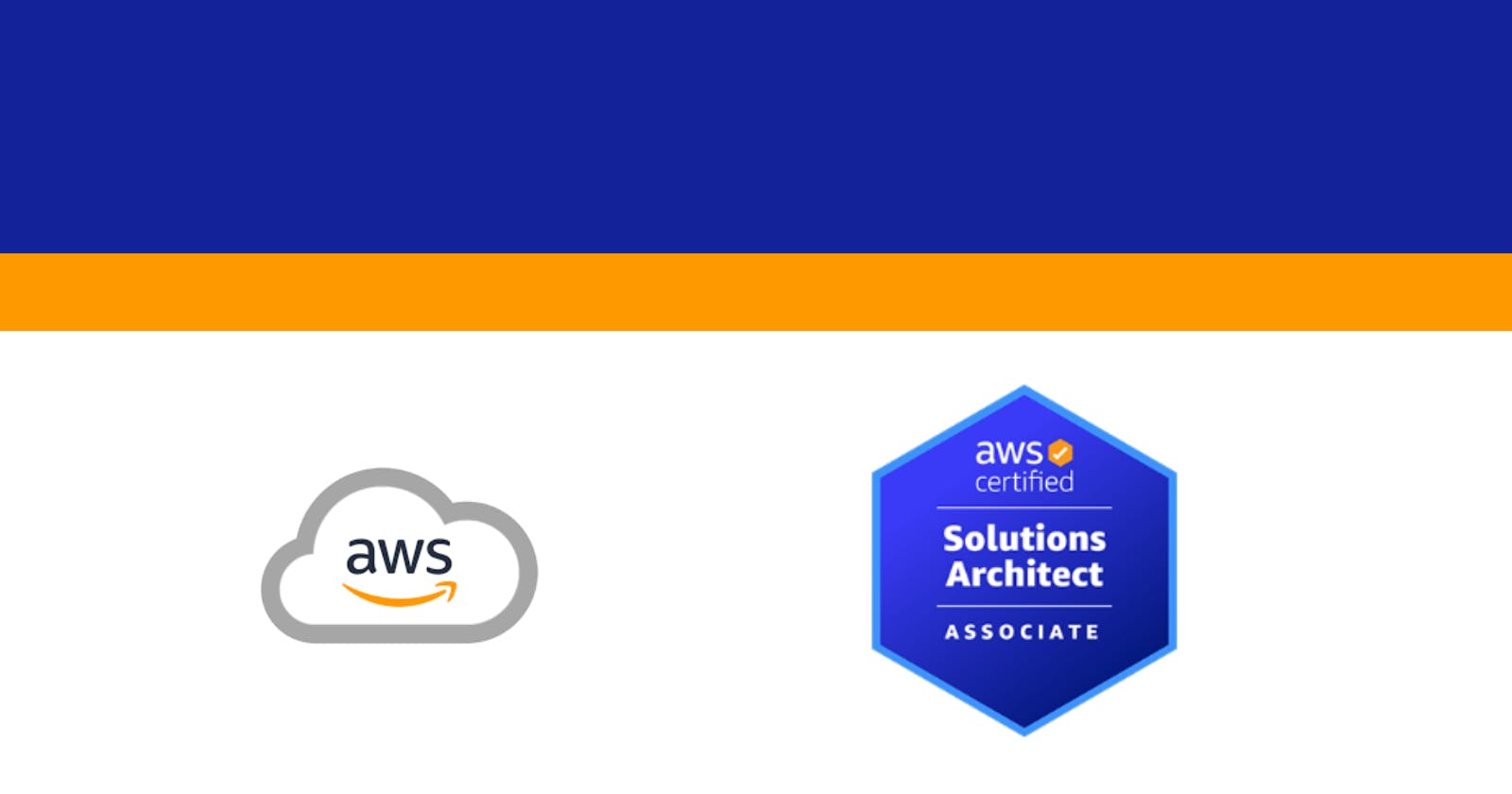How I passed the AWS Certified Solutions Architect Exam without any prior knowledge of cloud?
Cloud Computing and DevOps have gained a lot of momentum today. I got interested in this area when I was looking to deploy my first project which was a study material web app using python and flask. I just wanted that my app should be available to all, rather than just running on my machine. In this way, I got to know about deployment and how the cloud platforms such as AWS, GCP, Azure and Heroku can help me achieve it. Upon further research, I got to know about cloud certifications. So, I started preparing for them. I started to explore AWS first. I saw various certification exams at foundational, associate and professional levels. The AWS Certified Cloud Practioner exam was the most basic one for foundation building, I wanted to design architecture in AWS, so I went for the AWS Certified Solutions Architect Associate exam. You can read more about the exam on the official website.
AWS Exam Overview
Level: Associate
Length: 130 minutes to complete the exam
Cost: 150 USD
Visit Exam pricing for additional cost information.
Format: 65 questions, either multiple choice or multiple response.
Delivery method: Pearson VUE testing center or online proctored exam.
Prerequisites
Before you take this exam, AWS recommends you to have:
Experience in AWS technology
Strong on-premises IT experience and understanding of mapping on-premises to cloud
Experience working in other cloud services
Good to have:
Linux knowledge
Databases knowledge
Some networking concepts
My Path
I didn't have the prerequisites mentioned above. So my first step was to get familiar with the AWS technology, so I started to look for courses.
Took a course: I took a course on udemy by Stephane Maarek. I have shared the link to the course in the recommendation section. When I started the course, every terminology was new to me, be it virtual machines or subnet masks. Whenever I found a new thing, I searched for it and thoroughly studied it. After 3 months I understood a lot of technologies.
Hands-on experience: Giving a certification exam will be in vain unless you have hands-on experience. I created an AWS account and started to do hands-on by following the course material. But, I was just following the course material. I began to face real problems when I started my internship. I was given the task to deploy the company's project on AWS. I started to design architecture in AWS. I explored more and more about which service to use. I started to question, why not we can use a particular service for the company's requirements. As the project was at its early stage they wanted to spend less money on the cloud. So, the challenge was to build a cost-effective, scalable and highly available architecture. I used to read AWS documentation, and blogs and watch youtube videos. Finally, I was able to deploy the web app. After this, I knew I was ready to give the exam.
Gave Practice tests: I started to give practice tests by Stephane Maarek and Jon Bonso, got fewer marks in the beginning but improved later on (Only got 50% in the first test). I gave each practice test twice or thrice. For each answer, I used to read the explanations given and documentation related to that technology. When I started to get above 90% I was confident to give the exam. So I scheduled it and got 833/1000.
The day before the exam: I revised my notes and study guide given in the course. The exam can be taken online at your home (provided it is quiet and has minimal distractions). You can schedule your exam here. For me, I picked a time in the evening when my brain would typically perform at its peak. The day before the exam, I also checked that my computer setup, wifi connection are working properly and read the instructions carefully.
Recommendations
1. Practice tests
2. Course
3. AWS Ramp-Up Guides
For more information:
I will suggest you all, not to run for the certifications in the beginning, they do not guarantee you a job. But, if you have some projects or internships, showcasing your cloud skills, then getting a certification will increase your chances definitely.

